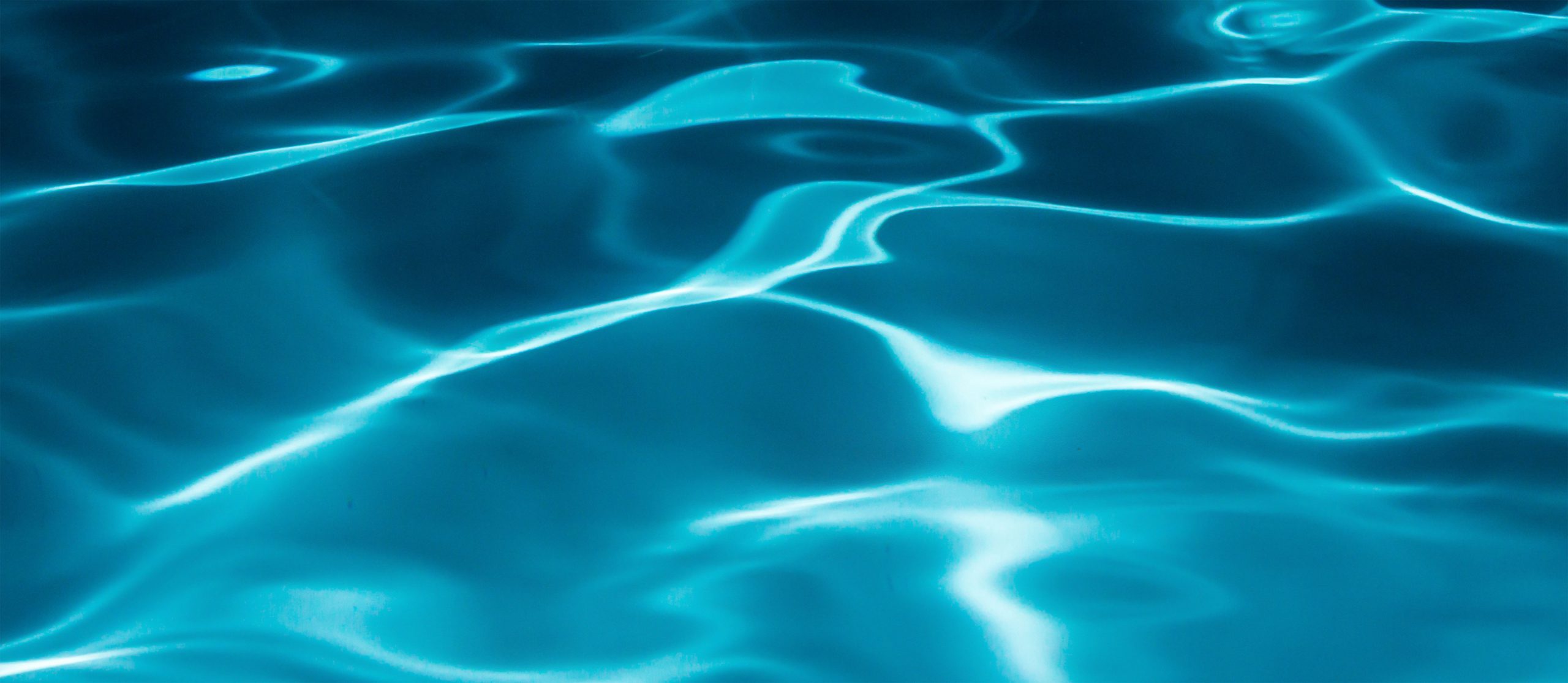How calcium hardness plays into your pool’s overall health
- August 8, 2013
- Pool Safety and Health,
As many individuals who live in the American Southwest know, calcium hardness is something that many Phoenix pool technicians will have to deal with at some point. Along with pH and total alkalinity, calcium levels must be managed consistently to keep the water balanced whenever it’s in use, usually in the range of 200-400 parts per million in pools and 150-250 ppm in spas. These minerals can build up over time from dust and debris in the environment and can cause a wide range of issues. Here are a few of the problems that could arise from elevated levels of calcium.
Calcium rings
According to PoolServiceTech.com, as the water in your pool evaporates, calcium and other minerals will stay behind, which can form an unsightly white ring around the outer boundary of your pool. If you are faced with this problem, pool stores will usually sell you a pumice stone to scrape the calcium off, but chances are after 15 minutes you will be exhausted with nothing to show for it. They will also tell you to drain your swimming pool, which is definitely a good option because the water will be much fresher than it is currently. But, in our opinion, the best option is hiring a tile cleaner to get rid of it, recycling the swimming pool water after the job is completed and becoming educated on how to prevent this from happening in the future.
Scaling
According to Taylor Technologies, scaling is an especially important problem to avoid, typically in areas of the country that have sweltering climates. Calcium’s solubility is inversely proportional to temperature, and as the mercury rises, less of the calcium will stay dissolved and will result in deposits called “scale.” This mineral buildup can wreak havoc on pipes and heating coils, which can slow the transfer of heat and require more energy to heat the water. Contacting Poolman professionals to readjust the water balance and clean these areas will ensure the proper function of your pool for years to come.
Rough surfaces
As calcium hardness increases in a pool, there’s also a good chance that these mineral deposits will begin to build up along the plastic and tile grout lines of your pool. This is especially true in newer pools with fresh plaster and grout, as any weaknesses in the bonds could cause calcium nodules – growths of calcium carbonate – to form along pool drains and other cracks on the pool floor. Whenever these spots begin to develop, it may be wise to contact your pool service technicians to restore calcium levels and clear off any rough surfaces that may be hindering the recreation on your pool deck.


